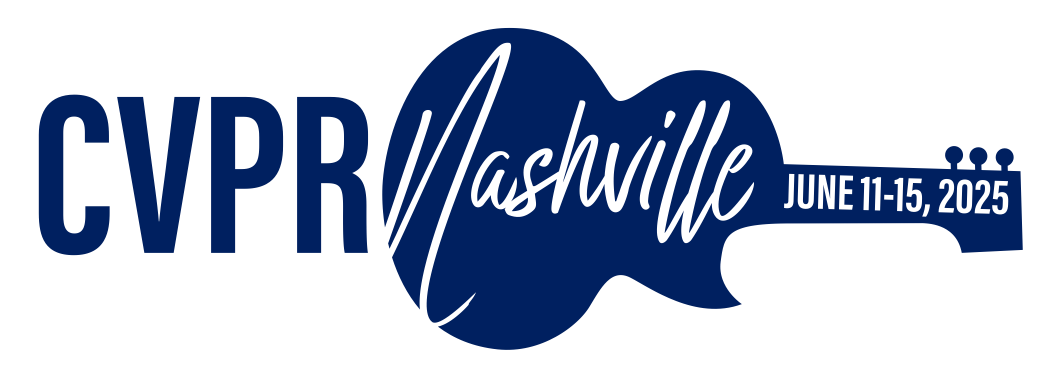-
[pdf]
[supp]
[arXiv]
[bibtex]@InProceedings{Li_2025_CVPR, author = {Li, Zhuowei and Zhao, Tianchen and Xu, Xiang and Zhang, Zheng and Li, Zhihua and Chen, Xuanbai and Zhang, Qin and Bergamo, Alessandro and Jain, Anil K. and Xing, Yifan}, title = {Optimal Transport-Guided Source-Free Adaptation for Face Anti-Spoofing}, booktitle = {Proceedings of the IEEE/CVF Conference on Computer Vision and Pattern Recognition (CVPR)}, month = {June}, year = {2025}, pages = {24351-24363} }
Optimal Transport-Guided Source-Free Adaptation for Face Anti-Spoofing
Abstract
Developing a face anti-spoofing model that meets the security requirements of clients worldwide is challenging due to the domain gap between training datasets and the diverse end-user test data. Moreover, for security and privacy reasons, it is undesirable for clients to share a large amount of their face data with service providers. In this work, we introduce a novel method in which the face anti-spoofing model can be adapted by the client itself to a target domain at test time using only a small sample of data while keeping model parameters and training data inaccessible to the client. Specifically, we develop a prototype-based base model and an optimal transport-guided adaptor that enables adaptation in either a lightweight training or training-free fashion, without updating the base model's parameters. Furthermore, we propose geodesic mixup, an optimal transport-based synthesis method that generates augmented training data along the geodesic path between source prototypes and the target data distribution. This allows training a lightweight classifier to effectively adapt to target-specific characteristics while retaining essential knowledge learned from the source domain. In cross-domain and cross-attack settings, compared with recent methods, our method achieves average relative improvements of 19.17% in HTER and 8.58% in AUC, respectively.
Related Material





